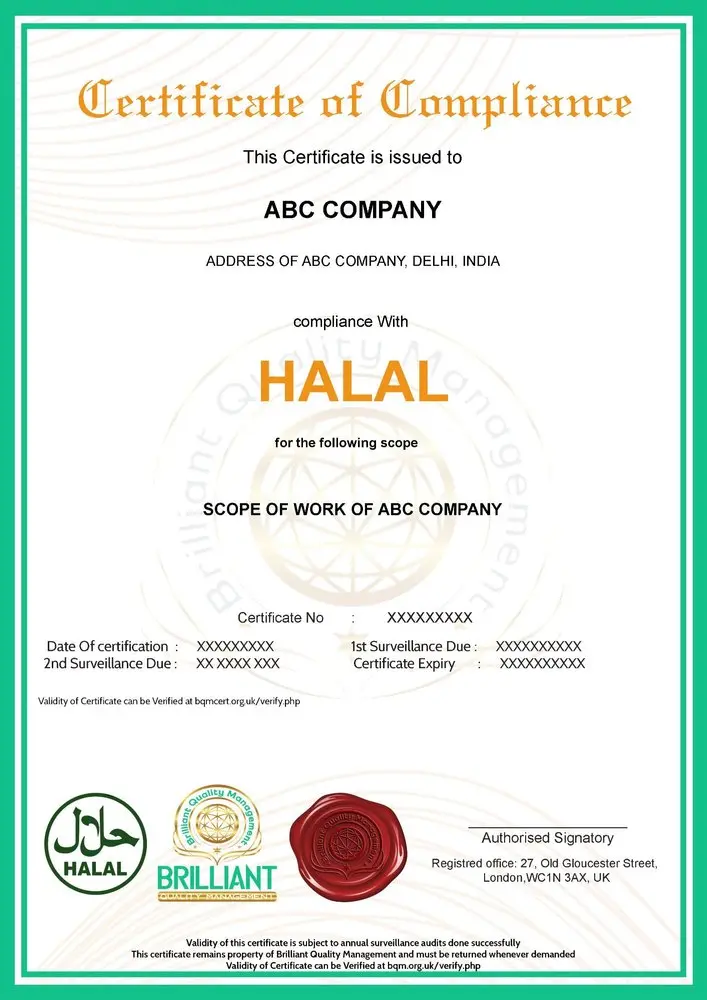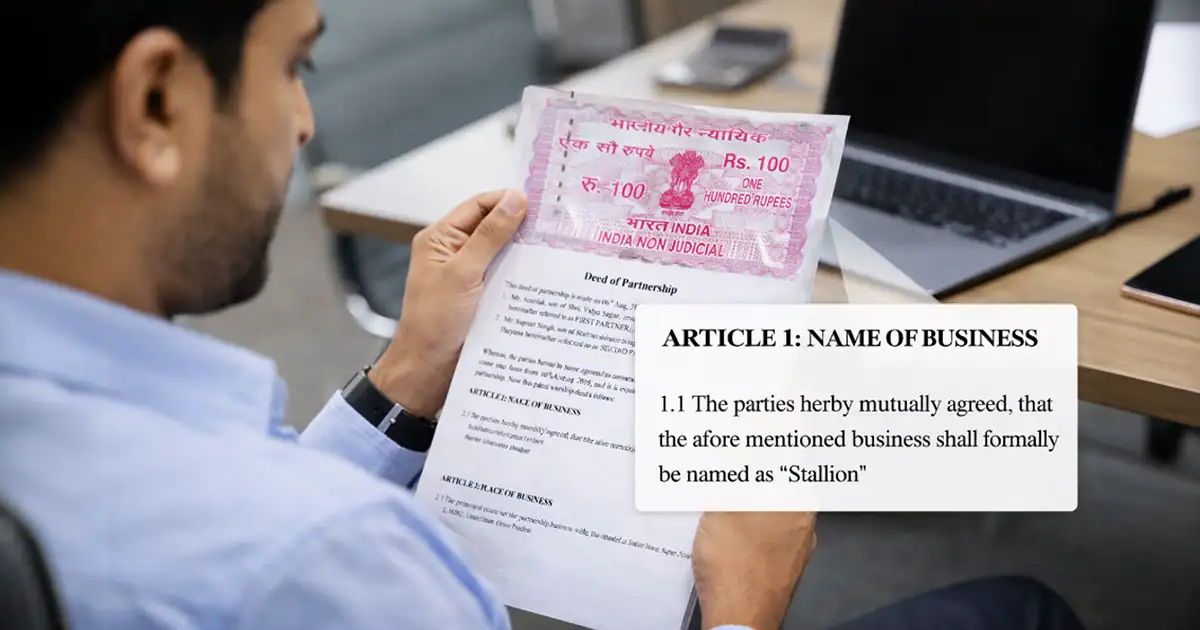Halal certification is a process that verifies whether the products or services offered by a business comply with Islamic dietary and lifestyle laws or not. In India, authorized Islamic organizations are responsible for issuing Halal certification. It ensures that your food is prepared following halal standards, making it suitable for Muslim consumers.
Obtaining Halal Certification shows that your business follows proper preparation methods and uses approved ingredients. It is important to understand that India does not have a unified central law for Halal labeling, and recognition of various certifying bodies may differ.
Without this certificate, you may lose customer trust, miss out on Muslim buyers, and limit your chances to grow in international markets. According to the State of the Global Islamic Economy Report 2023, global spending on Halal food was about USD 1.27 trillion in 2021 and is expected to rise to USD 1.67 trillion by 2025.
Permissible in Islamic Law
The word Halal means “permissible” in Arabic. For food to be certified as Halal, it must be:
- Free from any forbidden (Haram) substances (e.g., alcohol, pork)
- Processed and prepared using clean and hygienic methods
- Obtained from animals that are slaughtered following Islamic religious guidelines
- Free from cross-contamination with non-Halal products
This certification helps Muslim consumers trust that the food or product aligns with their religious beliefs.











